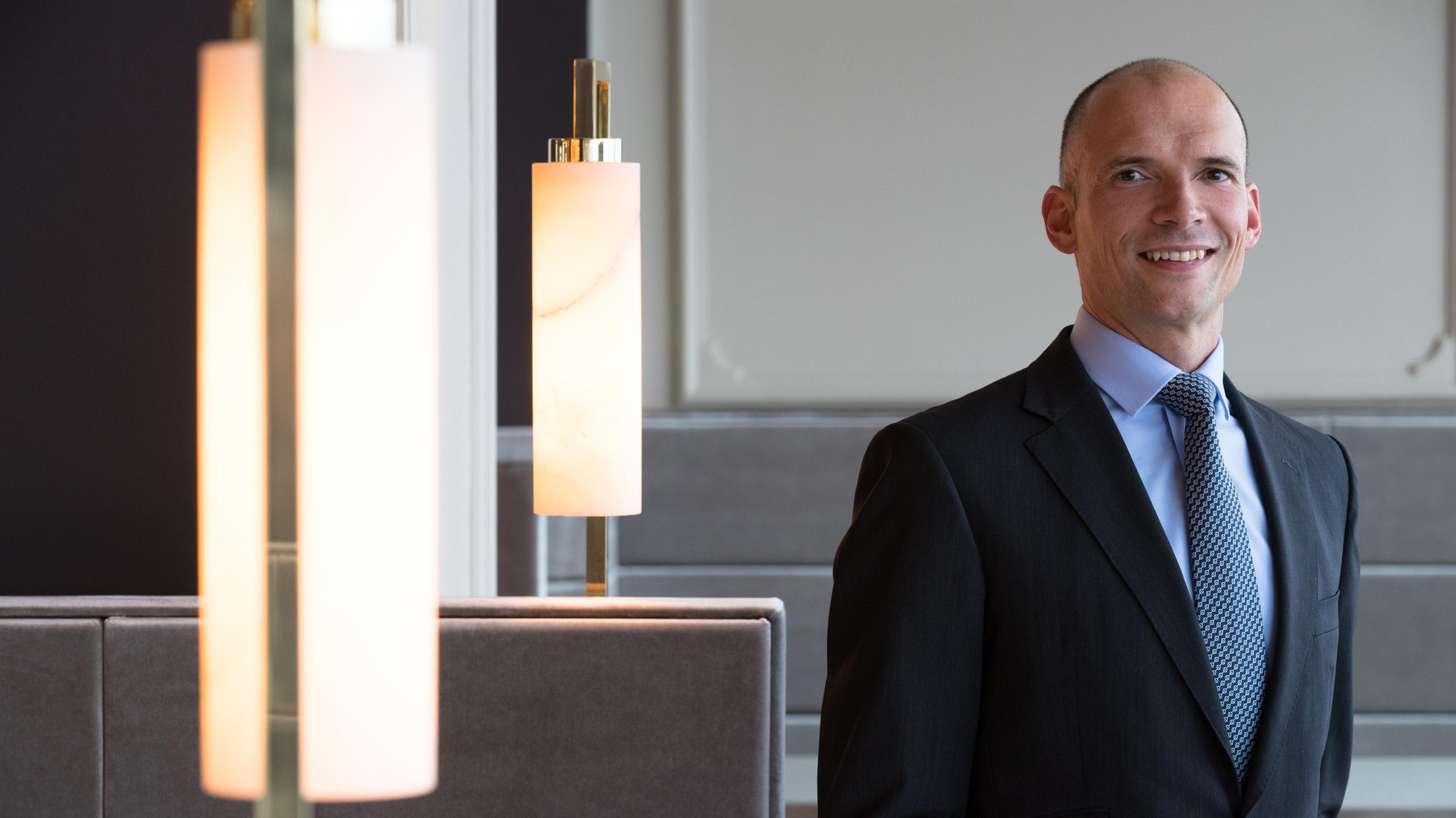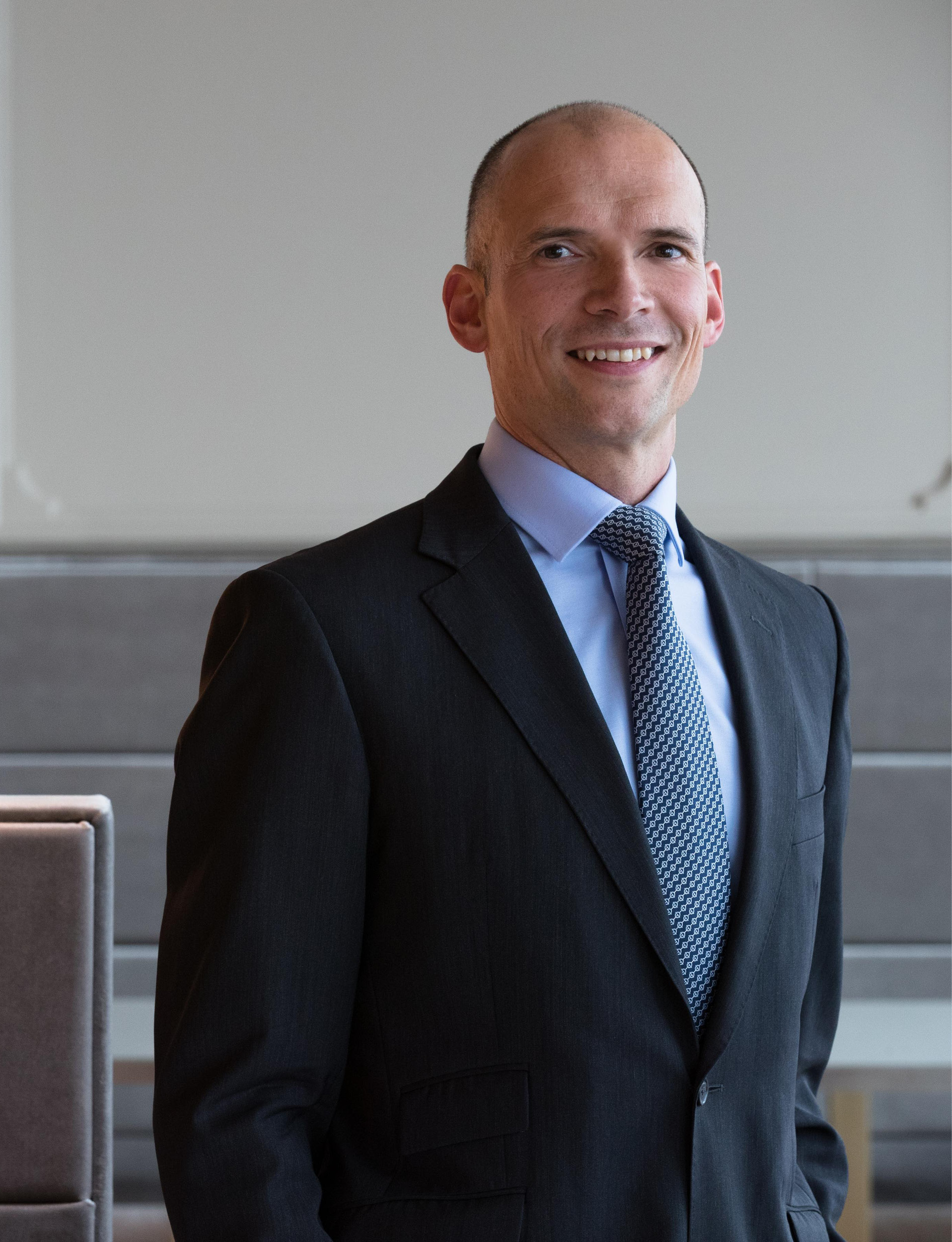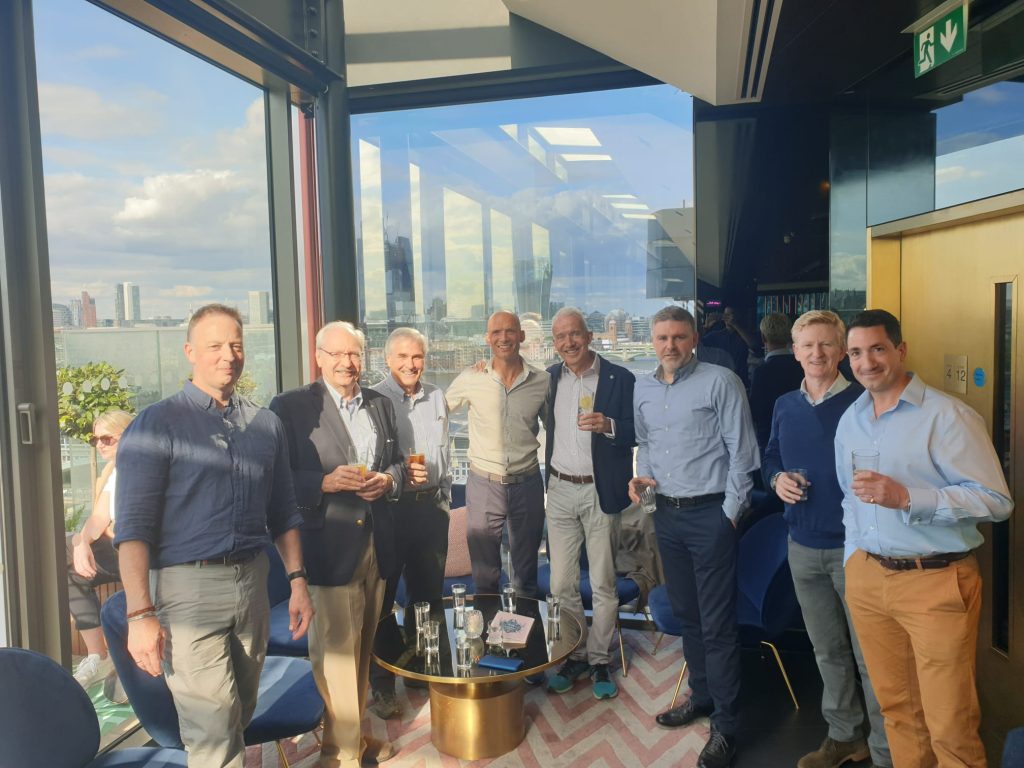


The Insider sat down with Jonathan Humphries, head of the BBA specialization in International Hotel Development & Finance, to plot some of the key trends in the business of hospitality…
Jonathan knows the world of hospitality very well: a successful, multi-decade career in the industry saw him working for consultants Arthur Andersen and Deloitte before taking on senior executive roles at Marriott International. He then switched to academia while simultaneously founding HoCoSo, a Swiss-based company that specializes in creating solutions for the future of hospitality.
The Insider (TI): Can you tell me about your role and what drives you?
Jonathan Humphries (JH): I have a few roles at the moment. Firstly I am the Head of the BBA specialization in International Hotel Development and Finance at Glion Institute of Higher Education since 2017. My role is to create a bridge between the institution and the industry. It’s all around expansion, new development, new initiatives, new brands, new concepts, and new opportunities. Transforming the assets from current state to future state for the industry. It is also bringing real life case studies, so that students get the opportunity to work on real projects, which gives them real methodology. That, in itself, allows them to have new perspectives. This is really different to what they may have done before, which was mostly focusing on the brand, on operations and services and experiences.
The angle I provide them is based all around the owner, the investor and the driver of the industry, which is basically the financing. If these players, these visionaries, these investors did not exist, we would not have the industry we have today. Some of the companies that we refer to: Four Seasons, Marriott International, Hilton… do not own the real estate. It’s quite a surprise for the students.
It is about getting the students to appreciate the fact that there are other players in the business that are really influential. I want to give them the opportunity to speak the language of real estate and investment and think with a different mindset. For example, if the subject is about a new restaurant concept, they have to go beyond the consumer needs; they will need to think about the ‘how’ and the ‘why’ of the investors.
Moreover, this is the only full-time Bachelor’s program in this specialized field in Europe. So, our students graduate with a specialization in this discipline, encompassing asset management, development and finance.
Now my other role is that I have my own company. I create unexpected concepts for the future of hospitality and get them tested in the marketplace. Some of our consultancy clients are investment funds and publicly listed companies. For example, we work on ultra-luxury-all-inclusive concepts and at the other end of the spectrum micro-living flexible apartments with flexible walls.
I also have another role, which is more around sharing information. Whether it is from experts, leaders, or visionaries in the field of hospitality and beyond. I host the podcast channel The HoCoSo Conversation. It is related to my personal journey and the personal journeys of others. When I meet with really fascinating people and I want to share these learnings, we have a conversation about their journey, the next trends, their point of view. For example, how can we look at relationships differently? How can we lead more healthy lives? How can we better ourselves? I invite a specialist in community building, an expert in nutrition, an expert on sleep, etc. and through our talk, we reveal some fundamental lessons of what it takes and what is needed, or what we can do to achieve our goals.
TI: According to you what are the next trends in hospitality?
JH: I believe, that it is about ‘personal transformation’. That is what consumers are looking for. It is not just around sustainability, but also about regeneration. The consumer is looking for holistic solutions. They are asking themselves, what can I learn? What I can develop into my life? What can I develop in my community? In my environment? The hospitality industry really needs to focus on that personal perspective in order to create unique opportunities for their customers. Most of the hospitality industry is focused on providing and delivering good or great services. But it has to go beyond! And that is also reflected in many of our podcast episodes on The HoCoSo Conversation.

“It is not just around sustainability, but also about regeneration. The consumer is looking for holistic solutions. They are asking themselves, what can I learn? What I can develop into my life? What can I develop in my community? In my environment?”
Jonathan Humphries
TI: How would you define the Glion pedagogy?
JH: ‘Real World Application’ I would say. Glion blends together academic theories and industry practices. It is really hybrid, really applied and it prepares the students for the real challenges they will face once they are in the market place. And it gives them the necessary tools to think creatively and bring innovations into the industry.
TI: Have you noticed a change in the aspirations of your students?
JH: Definitely, students nowadays are more looking for holistic approaches. Before it was all about getting more exposure to this area of expertise. Here is an example, we brought in a guest speaker the other day, who is creating a completely regenerative resort. which means it is integrated with nature, using nature. In this project, people with mental or social difficulties, or immigration challenges, are reintegrated into society through the hospitality industry. It is a social project, a unique concept. They want to democratize hospitality. It is huge opportunity with different price plans. This entrepreneur told our students that he can make this work because he believes in the ‘triple P’ approach (People, Planet and Profit) which is about using less capital and seeking investors that are not just focused on profit. And the students’ feedback was: why aren’t there more of these kind of companies? I said, the industry is just starting to create these case studies. You can see how much resistance they are facing. So, I see a change in the approach. The students are more conscious. They wonder about the kind of environment they want to work in. Is this environment is right for them or not? They are looking to find purpose in their work or looking for a company to provide that purpose for them. And that is a big shift.
TI: Can we say that they are searching for caring? Searching for empathy?
JH: We can say that they are looking for a holistic approach, for balance. They understand pragmatism, they understand finance. They are not idealists, but they want to be much more holistic. I think caring is taking it too far. Maybe for the leadership. But I don’t have that impression from the students yet.

TI : What qualities do you think a leader in the hospitality industry should have?
JH: I co-created an adaptive leadership course for the Master’s at Glion and I was asked to host an industry panel at a conference on how the industry attracts, retains and develops the best talent. So I created a survey for the leaders. The question was, what people expect from the leaders of hospitality? The return revealed that the most important need was to create development and opportunity for the staff. Then, it was training and psychological safety. On the other hand, I have asked the same question towards the employees. And their first reply was psychological safety. What I mean by psychological safety, is the freedom to be able to be yourself, without being judged and without recrimination. It is the freedom from being oneself, without any impact. In the classroom, students want to be respected for being individuals. You can fail, but the leaders have to support you. Leaders really need to provide that psychological safety. Before Covid, if things messed up, you’d go out, be fired. Going forward, what is really needed is a realistic communication, creating the right expectation. What we can control as leaders is this great internal environment.
TI: How does Glion enable its students to understand the intricacies of a changing hotel industry?
JH: I can only talk about the BBA specialization in International Hotel Development & Finance. All I can do is give them the tools and techniques and a mindset to use them, and provide them with the confidence, not arrogance, that they need in order to deal with any situation they are going to be confronted with. I can provide them with strong foundations, so that they go out and they are not surprised in a really negative sense. They are basically able to respond in the right way to the situation they are confronted with. Even if they are in a situation where they are clueless, they have the confidence to say ‘OK, I don’t know how to do this, I will seek the help of others who do’.
I feel like Glion offers its students a really strong base, because the projects we gave them to work on are very challenging. They expose them to pressure and strong learning experiences at university so that when they graduate, they are able to look back, reflect and take aspect from their Glion experiences. And having spoken with alumni, I hear it has been super useful in their professional lives.
So it is all about the transferable skills. It is really about mindset, more than anything else, and confidence. Lots of people think that because these students mostly come from favorable backgrounds, they are extremely confident. However, their confidence comes from the ability to test oneself and prove oneself to oneself. If they haven’t got those experiences, they are not likely to be in a position to develop that confidence. We create a safe environment where they can practice their presentation, do what they want to, practice their techniques and skills, because here it is a safe place. Out there, they will have much more exposure.
Be wise, specialize
International Hotel Development & Finance is among the final semester specializations offered by our Bachelor’s in International Hospitality Business. Click the link to discover more.
















